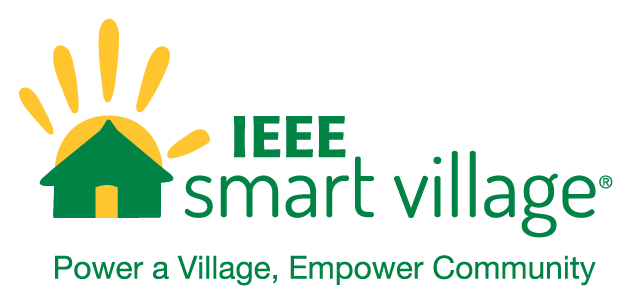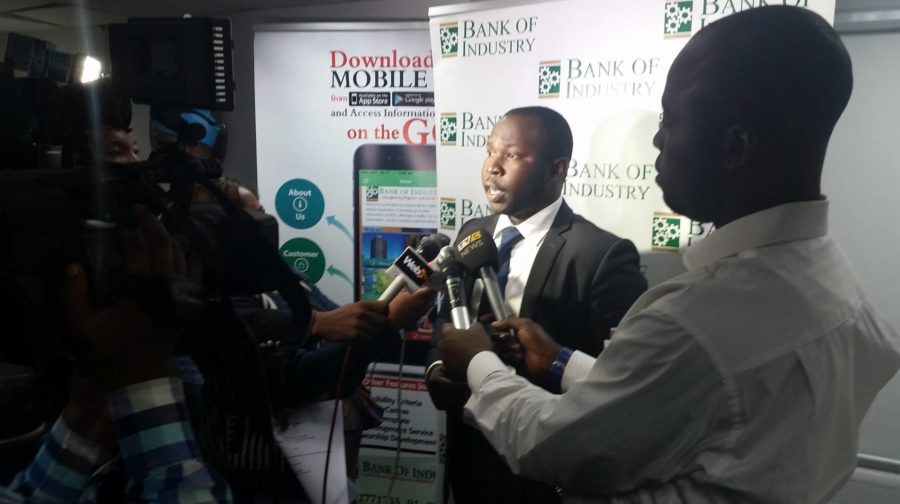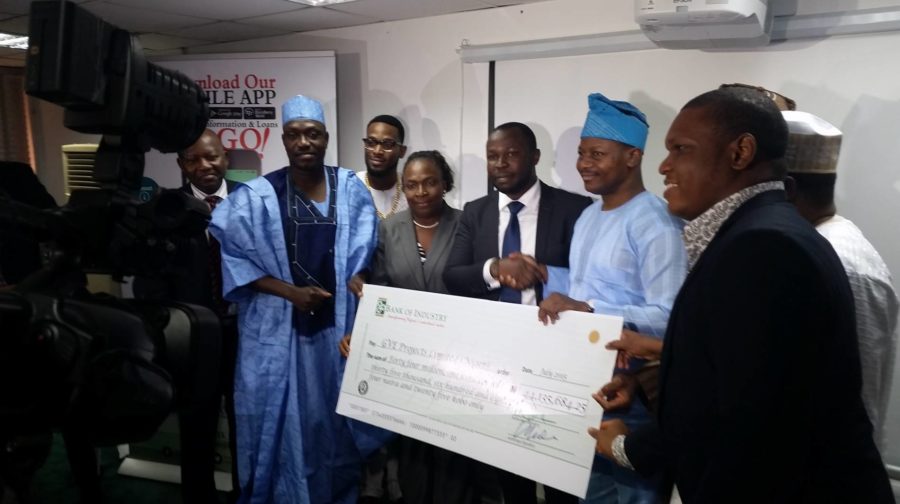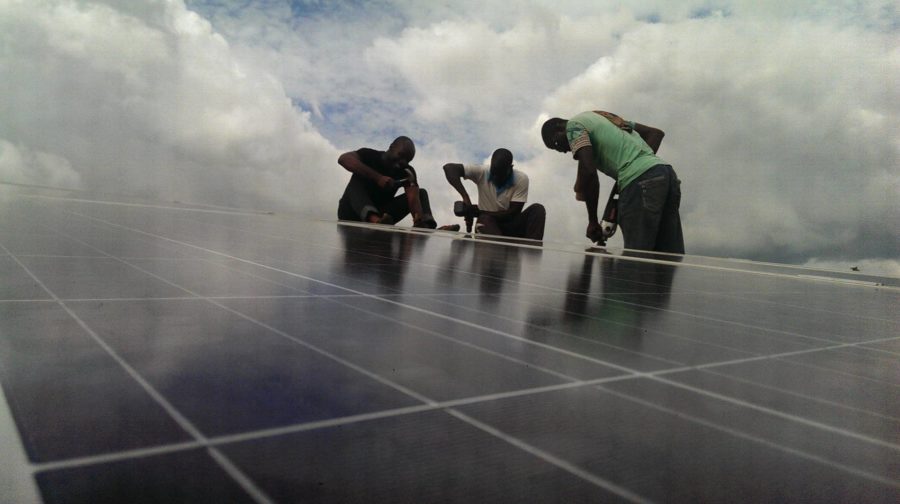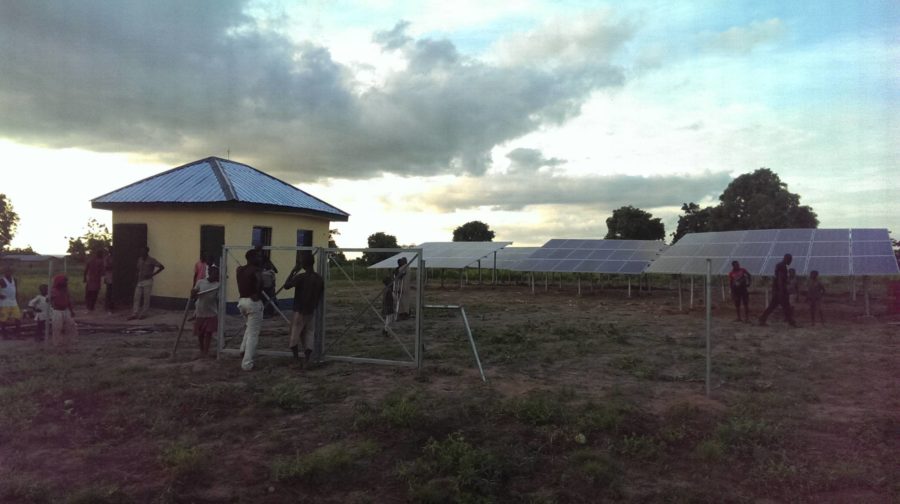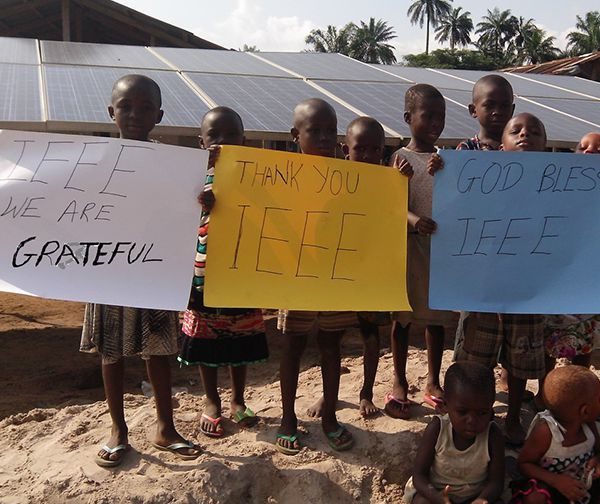‘Breakthrough’ Investment in Nigeria Boosts IEEE Smart Village Humanitarian Program
Native entrepreneur secures in-country funding to bring electricity to a million rural citizens
Ifeanyi Orajaka grew up seeking success in business by improving the lives of his fellow Nigerians.
He moved another step closer to his dream this summer as he secured an unprecedented level of in-country financial support for his GVE Projects Ltd. proposal to bring sustainable solar power to off-grid communities in rural Nigeria.
In doing so, Orajaka also realized one of the key goals of the IEEE Smart Village Initiative, which identifies native entrepreneurs who can create sustainable business models for providing electricity to rural communities across the world.
“Ifeanyi now has one village online at 12.5 kilowatts (kW),” said Robin Podmore, co-founder of IEEE Smart Village. “He’s signing up to do three villages each with 24 kW of PV generation serving 200 homes with a microgrid.
“The expectation from Ifeanyi and Nigeria’s Bank of Industry is that he’ll extrapolate that over five years to light up 200,000 homes to serve a million people.”
Orajaka has reached an agreement with Nigeria’s Bank of Industry to provide $675,655.40 USD over 15 years at single digit interest rates to achieve his – and IEEE Smart Village – goals to bring three 25 kW solar photovoltaic-based mini-grids in three rural Nigerian communities. IEEE Smart Village will provide 10 percent of the project cost, or $65,535.20 USD. The project’s first phase is scheduled for completion by late 2015.
Perhaps more importantly, the cost to rural Nigerians will be affordable and spread over time. A connection fee will cost $20, monthly payments $11.25.
In a note to Podmore on this milestone effort, Orajaka wrote:
“By leveraging IEEE’s support we have been able to gain the collaboration of more organizations. This includes an invitation from the U.S. Department of State to attend the 2015 Global Entrepreneurship Summit in Nairobi, Kenya.”
“We are grateful, honored and proud that the GVE story was made possible by IEEE’s support when we were merely young students with lofty, optimistic ideas [to create] an energy access revolution in West Africa. We are very proud to be ambassadors of IEEE.”
Orajaka’s journey to becoming an IEEE “ambassador” reflects his keen interest in leveraging numerous opportunities open to any IEEE member who distinguishes himself or herself through initiative, innovation and hard work.
He joined IEEE in 2009 as a student member and soon distinguished himself by winning an Outstanding Student Humanitarian Prize in the inaugural IEEE Presidents’ Change the World Competition in 2009 for his Onitsha, Nigeria team’s “Project Spread the Light: Provide Electricity in a Small Settlement.” Soon after, newly appointed IEEE Executive Director Jim Prendergast personally alerted Orajaka to the Humanitarian Technology Network, which Orajaka joined, as it dovetailed with the objectives of his team’s project.
That bigger world, in turn, led him to join the Community Solutions Initiative, which morphed into the IEEE Smart Village Initiative, in which he received mentoring from leaders like Robin Podmore and enjoyed the collaboration of fellow members. This deepening involvement in IEEE led Orajaka to present papers at international IEEE conferences, including regular attendance at the annual IEEE Global Humanitarian Technology Conference.
As he stated earlier, Orajaka credits his involvement with and support from IEEE for his ability to obtain the collaboration of additional organizations, such as the U.S.’s African Development Foundation that sponsors the Power Africa Off-Grid Energy Challenge. All of these factors, Orajaka said, contributed to the success of GVE and the credibility that GVE and its supporters and collaborators brought to its application to the Bank of Nigeria.
The importance of GVE Ltd.’s effort to bring electricity to rural Nigerians cannot be overstated. Nigerians said recently in surveys that reliable electricity should be the new government’s top priority, over security, education and fighting corruption. (Current President Muhammadu Buhari was elected in May 2015.)
The Bank of Industry’s chief executive, Rasheed Olaoluwa, recently gave a speech that crystallized the challenge and solution that Orajaka’s GVE [Green Village Electricity] Projects Ltd. is addressing.
“Nigeria’s current electricity situation is unsatisfactory,” Olaoluwa told his countrymen in announcing the deal with GVE Projects Ltd. “The total electricity supply on our national grid today is less than 4,000 megawatts (MW), relative to the electricity demand [which is] conservatively estimated at 40,000 MW! For a leading African economy like Nigeria, with a population of 170 million people, [that] is grossly inadequate!
“We are initiating a commercially sound model for delivering power to Nigerian rural homes at affordable rates, to provide a long-term alternative to the problematic national grid. The expectation is that 200,000 [people initially served] will become one million.
“We want our rural communities to take control of their energy generation and to pay only for the energy they use. Our medium-term vision is to have 100,000 homes installed with solar systems in the next 5 years, through a combination of micro-grid and stand-alone solar home systems. This is essentially a program aimed at poverty alleviation and rural economic development.”
Thus the interests of Nigerians and the purpose of our global humanitarian program are well-aligned, according to Podmore. Orajaka’s success is IEEE Smart Village’s success.
“Ifeanyi’s success in securing this level of financing opens a whole new realm of possibility for us,” Podmore said. “The scope of work and its impacts is hugely ambitious.
“We [at IEEE Smart Village] try to do our best with top down products and business plans, but innovation often comes from our entrepreneurs in the field and people like Ifeanyi just surprise you with amazing breakthroughs. This deal conveys tremendous credibility on IEEE Smart Village. And the deal he has forged is replicable elsewhere.”
Podmore is calling for more IEEE ambassadors to travel to developing countries in search of in-country entrepreneurs such as Orajaka who can create sustainable business models for electricity provision in off-grid communities.
“It’s an exciting time to be looking at what’s working across all the different programs and countries we serve, which are successful in the sense that these businesses are surviving and growing,” Podmore said.
“In terms of next steps, we need to develop a common set of re-usable components that can be plug-and-play, with standard interfaces, across solar home systems from 50 watts to microgrid systems at 25 kW. We need a common set of open-source hardware and software to facilitate the monitoring, control and payment for such systems.
“We’ve given our partners a lot of freedom to build custom solutions that they imagine can meet their own country’s needs. Now we need commonalities, document best practices and share those practices.
“And we need people with great digital story-telling skills,” Podmore added. “There’s a huge need for that across the world.”
———
IEEE Smart Village is donor supported. Making a contribution to the IEEE Smart Village Fund of the IEEE Foundation is your opportunity to affect the future of those less fortunate.
